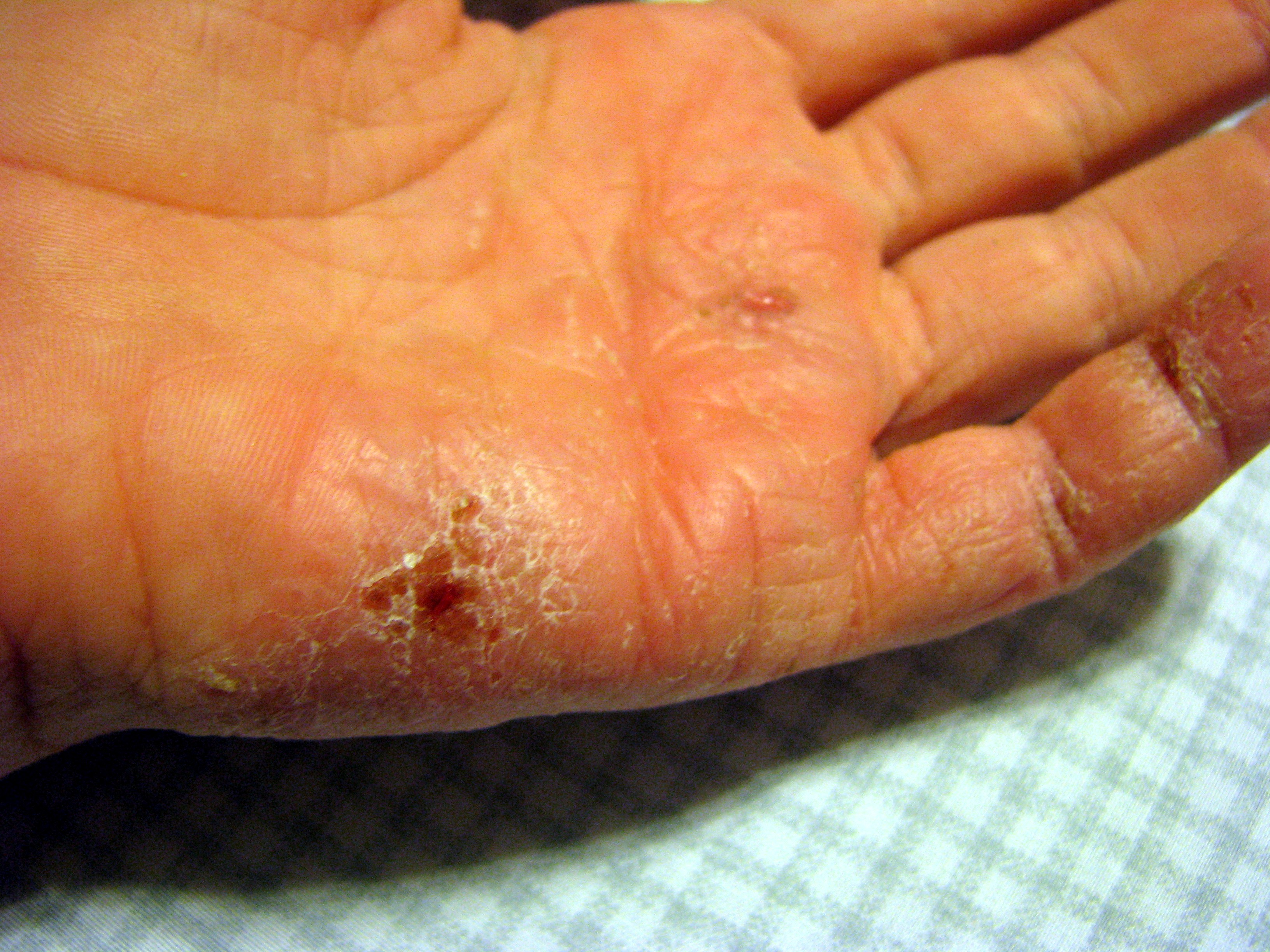While it may not initially seem like asthma and eczema, both diseases of inflammation, are closely related, new research suggests that they may be more closely linked than we think. A recent study conducted by scientists at the VIB-UGent Center for Inflammation Research shows that a potential new therapy for eczema may also alleviate asthma symptoms.
Asthma is a disease which causes inflammation of the lungs. This can be potentially dangerous because it leads to shortness of breath, coughing, and wheezing. While there is no known cure for asthma, those suffering with it usually use the long-term treatment of inhaled corticosteroids, which help reduce inflammation.
Image source: Tom Merton
Eczema is also a disease related to inflammation. Its exact cause is unknown but many scientists believe that eczema is an result of the body experiencing a heightened response to an irritant. Because of this inflammation, treatments include lotion and creams to reduce itchiness and dryness. In addition, as the itchiness and dryness can lead to open wounds, antibiotics may also be used to treat any resulting infections. Many treatments for both eczema and asthma are intended for the relief of symptoms, because untreated symptoms can lead to discomforts that can hinder everyday life.
A type of eczema called atopic dermatitis can cause itchy and red swollen skin. This condition usually develops in childhood and can become more severe with age. Children with atopic dermatitis also have a higher chance of later developing asthma. Intrigued by this, scientists lead by Dr. Julie Deckers, Prof. Karolien De Bosscher, and Prof. Hamida Hammad at the VIB-UGent Center for Inflammation Research decided to look deeper into the cause of this relationship.
The researchers examined house dust mites, which are known to cause both eczema and asthma. Their findings show that the mites caused inflammation of the skin, which also increased inflammation of allergic airways. In order to determine whether reduced skin inflammation also reduced allergic airway inflammation, the scientists combined two anti-inflammatory drugs. They found that while the drugs did help with eczema, they lessened but did not eliminate the allergic asthma in their mice model. The researchers are planning on expanding this combination of drugs to the clinical trial stage in order to see if the same outcome will occur in humans. It seems that, with further development, this new drug combination can lead to a possible solution for those suffering from both asthma and eczema.
Featured Image Source: Eczema is Back by Care_SMC










